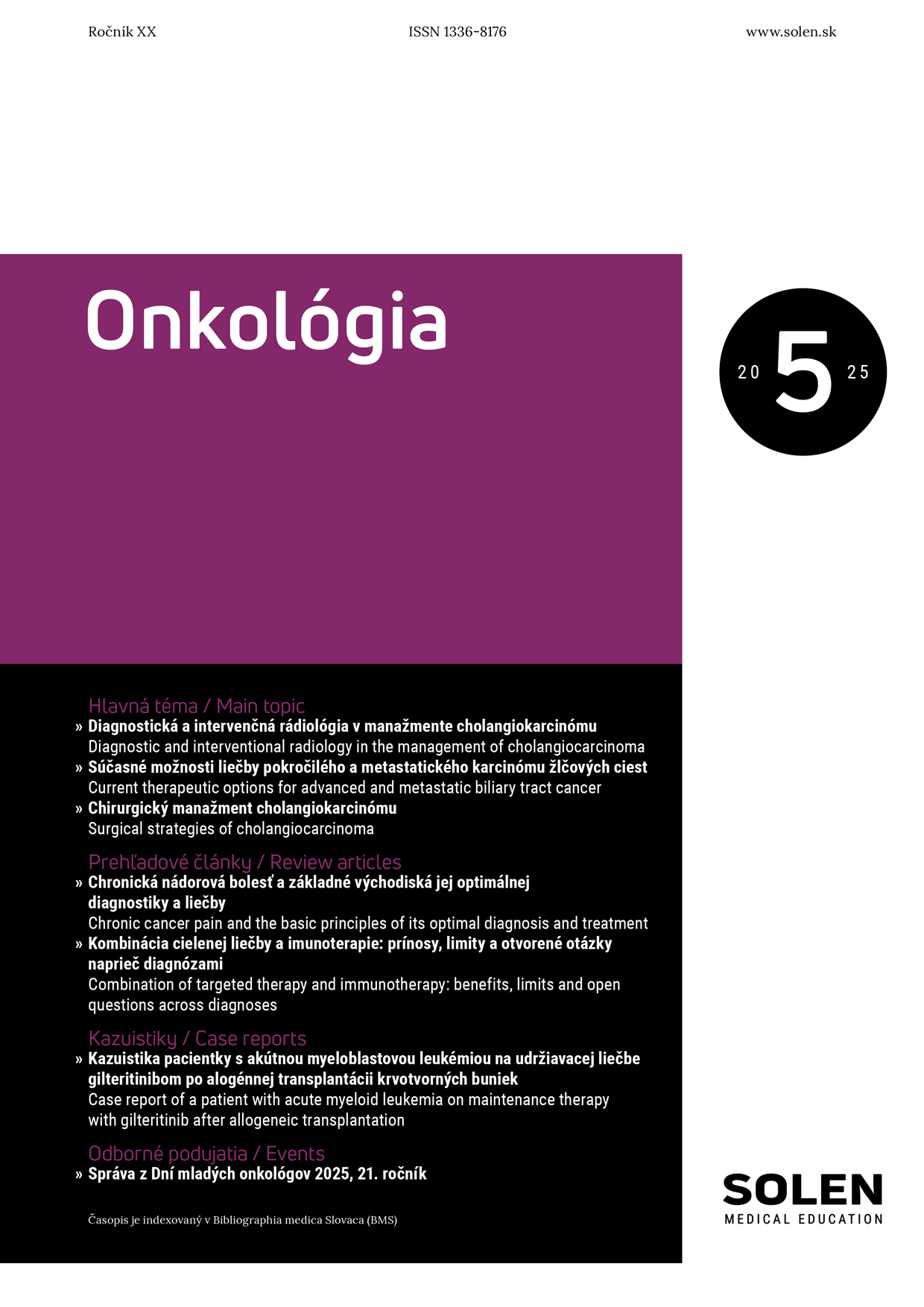Pediatria pre prax 1/2024
Conotruncal cardiac anomalies and 22q11.2 microdeletion syndrome (DiGeorge syndrome)
Symptoms of 22q11.2 microdeletion syndrome vary widely. The most pronounced symptoms in infancy and later in adolescent age are represented by congenital heart defect, immunodeficiencies, hypocalcaemia, feeding disorders with dysphagia, neurodevelopmental delay and psychiatric issues including schizophrenia. The aim of this article is to analyze incidence and prognosis of conotruncal cardiac anomalies associated with microdeletion 22q11.2 (DiGeorge syndrome). Conotruncal cardiac anomalies are characterized by abnormal prenatal outflow tract formation and septation of the great vessels. Most common conotruncal defects associated with microdeletion 22q11.2 are interrupted aortic arch type B, common arterial trunk, tetralogy of Fallot, isolated anomalies of aorta and conotruncal septal defect. These severe defects of the heart and great vessels are in need of cardiac surgery using cardiopulmonary bypass in the early infancy. The presence of genetic disorder increases the risk of postoperative complications. Early detection of conotruncal congenital heart defect enable the identification of the genetic syndrome and leads to optimalization of diagnostic a specialized therapeutic approach with the potential to decrease morbidity and mortality of patients with congenital heart disease and 22q11.2 microdeletion.
Keywords: conotruncal heart defects, 22q11.2 microdeletion, cyanosis, immune system, DiGeorge syndrome

















